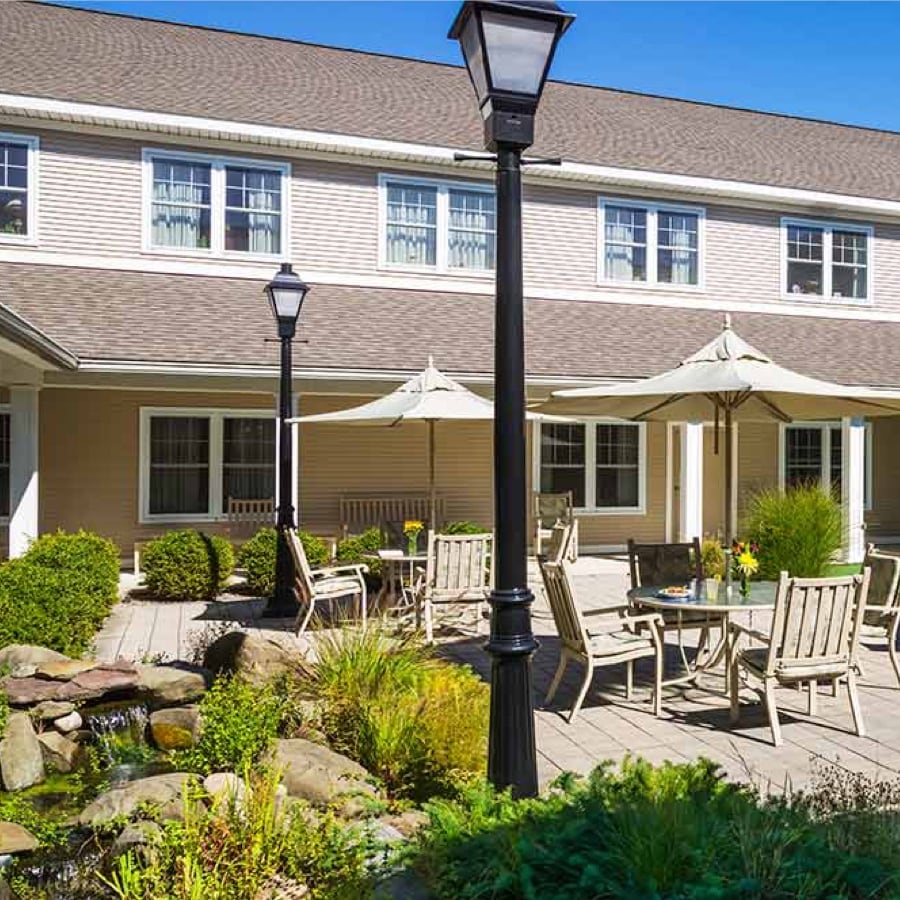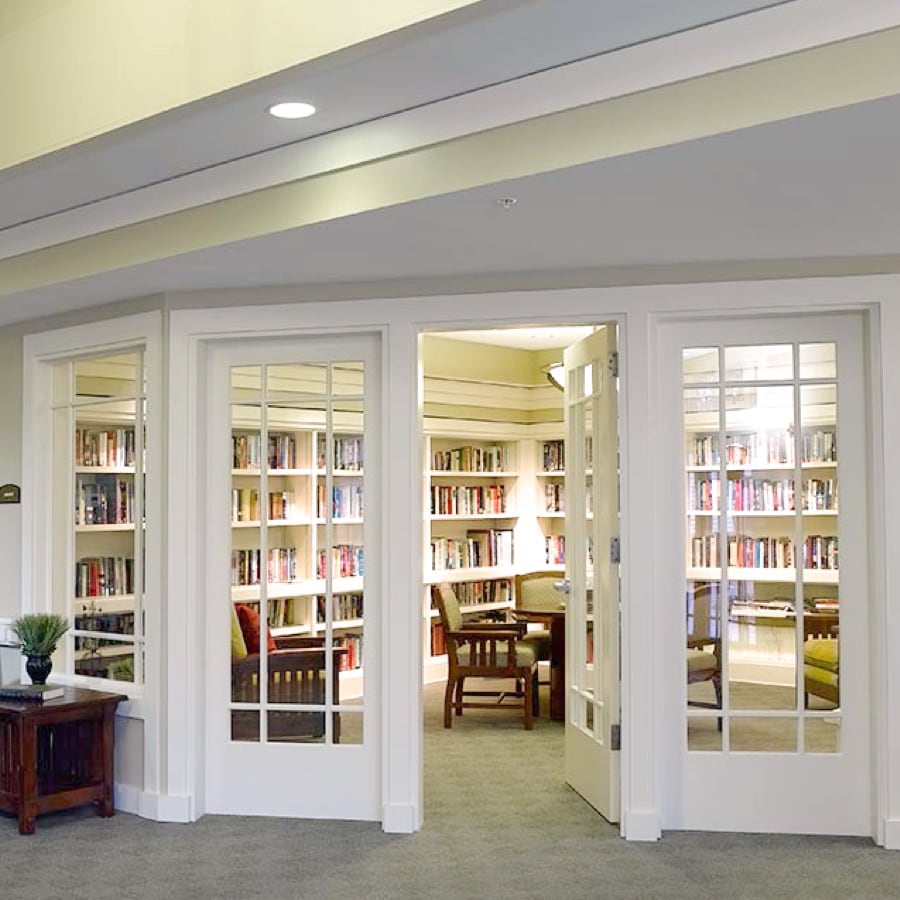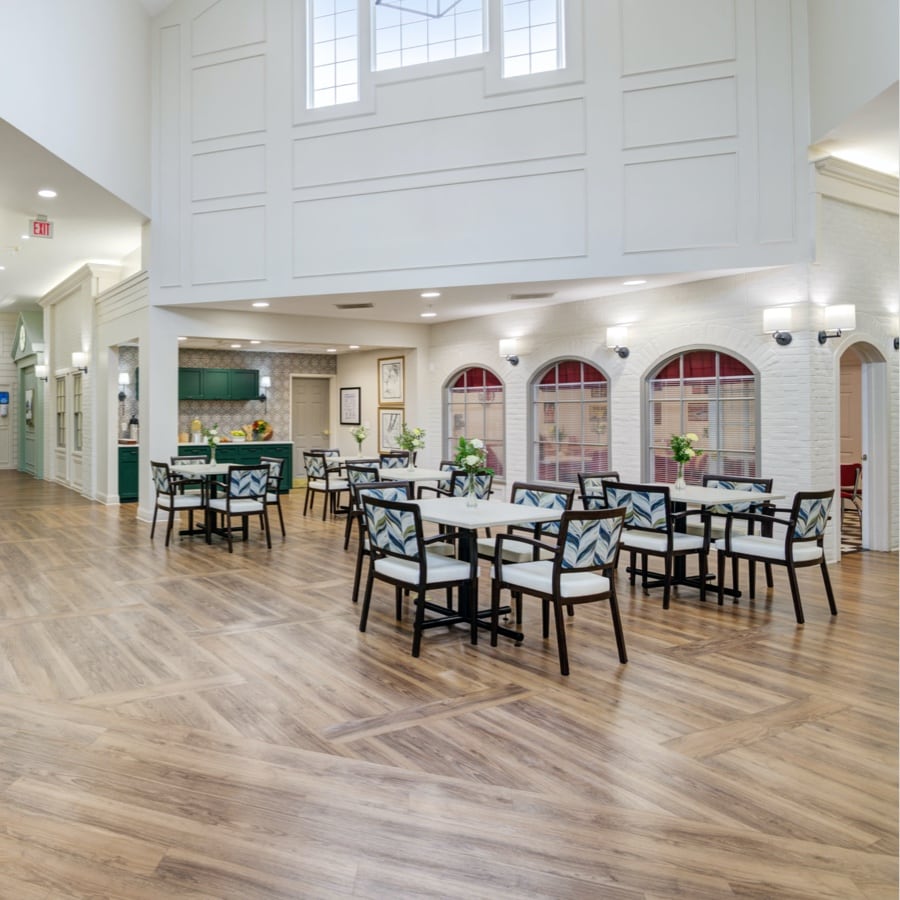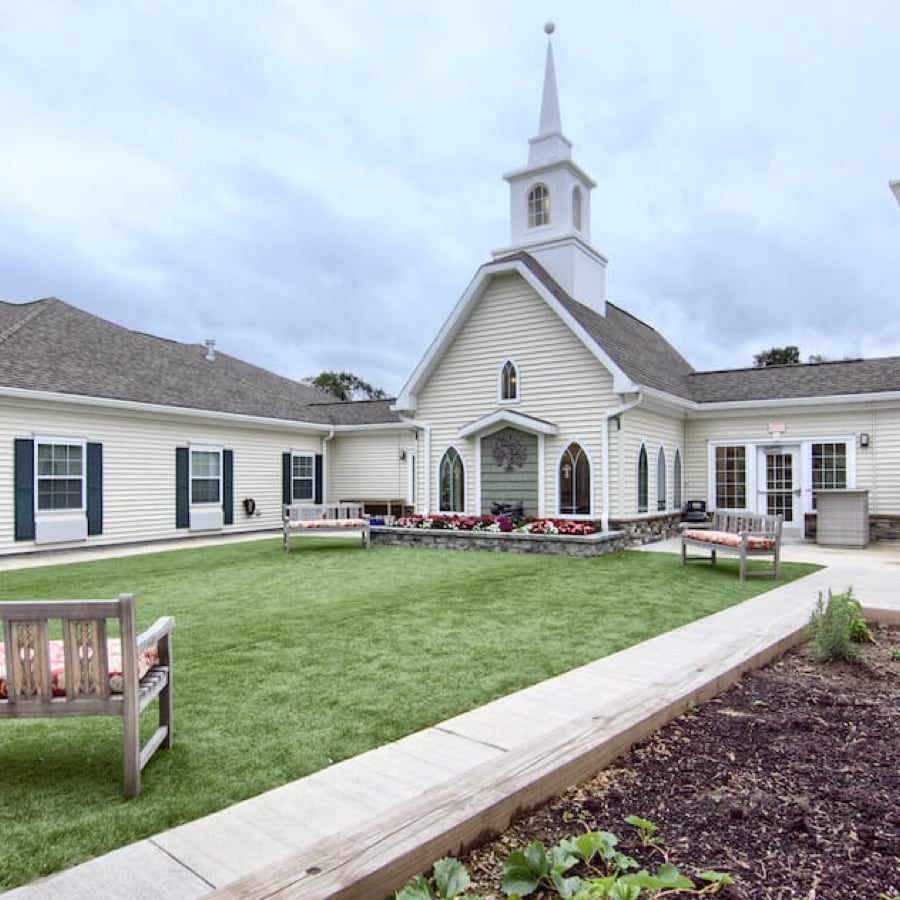It’s been said, “you are what you eat.” As we age, that’s especially true, as maintaining a wholesome diet becomes more and more important in order to stay active, involved, and well. Unfortunately, proper nutrition in older adults also can become more difficult to obtain for a variety of reasons.
Nutrition in older adults: What we need, and why it can be hard to get
Living as long and healthy a life as possible is a wonderful goal. To help make it happen, older adults especially need to pay attention to what they are eating. That’s because as we age, each of us needs healthy bones and teeth, and the energy to stay active and involved. We need to be able to get a good night’s sleep and to keep our minds as sharp as possible.
In fact, as we grow older, the body’s ability to absorb certain nutrients decreases and eating a balanced diet becomes even more essential. That means maintaining a diet with beneficial amounts of calcium, fiber, iron and potassium for starters. This is especially true for those who have chronic health conditions such as diabetes or heart disease, making nutrition in older adults a major factor in longevity and quality of life.
In addition, age often comes with special dietary needs, such as a low sodium diet to lower blood pressure or reduced intake of saturated fats to address clogged arteries.
But here’s the kicker, your nutritional needs, appetite and food habits can shift as you age.
- Decreased metabolism, changes in taste and smell and slower digestion can make it more challenging to maintain the diet you need; all at a time when preparing fresh food three times a day is more of a challenge in and of itself!
- Chronic conditions such as heart disease and diabetes can cause problems with the body’s ability to properly absorb nutrients.
- Many older adults, especially those who are living on their own, may also find the process of shopping for, planning, and cooking balanced and nutritious meals to be more of a burden than it’s worth.
- Eating at home can often become lonely and many seniors cannot or do not want to prepare a meal when it is just themselves.
- Convenience foods and canned or frozen meals can be a tempting shortcut, but one that often results in low nutritional value, high sodium and low fiber choices.
- Dental issues can interfere with chewing and appetite.
- Medication side effects can also decrease appetite and result in poor nutrition in older adults.

Signs of inadequate nutrition in older adults
WebMD offers these 7 signs of poor nutrition in older adults:
- Fatigue
- Brittle and dry hair
- Ridged nails
- Mouth problems
- Diarrhea
- Apathy or irritability
- Lack of appetite
How seniors can get the nutrition they need
Maintaining a good diet is increasingly important for seniors, but it can be challenging for some. Eating a nutrient-rich diet full of fruits and vegetables that is also low in saturated fats isn’t always easy to do, yet it can provide the backbone to a longer and healthier life.
If you think your loved one isn’t able to prepare balanced meals like they used to, it may be time to consider other options. Proper nutrition in older adults is a serious matter.
- Ask your loved one’s doctor the role lifestyle remedies can play in addressing chronic health issues. An appointment with a nutritionist also can give you the information you need to ensure your parent eats well. If your parent is reluctant to embrace healthy eating, a nutritionist might be able to give a strong nudge toward better nutrition.
- Work with your loved one to create a list of simple, healthy meals they can make alone—or that you can make if your parent lives with you.
- Sign up your loved one for a meal delivery service.
- Sometimes proper nutrition in older adults comes down to having the right foods on hand. Help your loved one keep the refrigerator stocked with healthy snacks.
- Enroll your loved one in a cooking class. This opportunity for socialization can inspire them to cook better food and enjoy more meals at home.
Consider the benefits of senior living
Luckily residents of senior living communities are surrounded by experts who understand the importance of proper nutrition in older adults. Menus are prepared by a chef that understands restrictions and/or preferences of seniors, often in collaboration with a nutritionist or dietician. Even better, associates at these communities go the extra mile to ensure dining is more than a meal, it’s an occasion to celebrate.
Whether it’s breakfast, lunch or dinner residents enjoy chef-prepared selections in a restaurant-style setting that features daily entrees, an a la carte menu, soup of the day, fresh salad bar and
scrumptious desserts. At Peregrine, we urge you to contact us for a free tour so you can see for yourself just how satisfying—and delicious—senior living can be!
Find the living option that fits you. Contact us today to learn more, and please download the free guide, The Complete Guide to Choosing Between Senior Living Options. We are here to help you!











